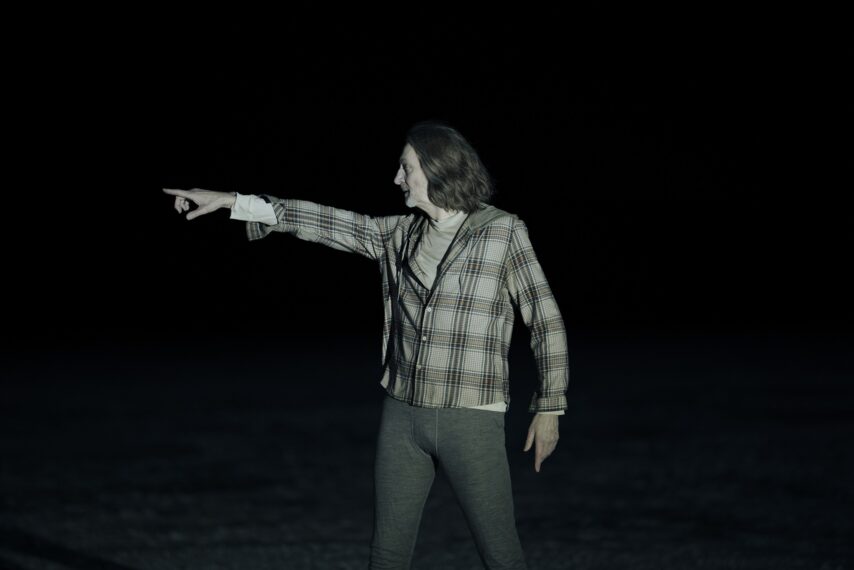
Tom Hanks is game for the rise of AI and deepfakes, but he’s still trying to protect his real likeness as technology — and a money-hungry industry — gets smarter. The star discussed the state of synthetic media as a guest on The Adam Buxton Podcast, where he revealed that there are “discussions going on in all of the guilds, all of the agencies, and all of the legal firms, in order to come up with the legal ramifications of my face and my voice — and everybody else’s — being our intellectual property.”
Back in January, news broke that Hanks and Robin Wright would be de-aged in Robert Zemckis’ film adaptation of Here, a novel that follows the inhabitants of a single room over the course of several years. Zemeckis’ interest in AI didn’t come as much of a surprise, since the visual innovator famously pioneered motion capture in 2004’s The Polar Express — which Hanks pointed out.
“This has always been lingering. The first time we did a movie that had a huge amount of our own data locked in a computer — literally what we looked like — was a movie called The Polar Express,” he said. “We saw that there was going to be this ability, in order to take zeroes and ones inside a computer and turn it into a face and a character.”
Of course, a lot has changed in the last two decades, and technology now doesn’t just offer animation innovations — it allows us to change the look of real humans, if not copy and paste a deceased person into a brand new film. According to Hanks, “I could get together and pitch a series of seven movies that would star me in which I would be 32 years old. From now til kingdom come. Anybody can now recreate themselves at any age they are by way of AI or deepfake technology.”
“I could be hit by a bus tomorrow and that’s it, but my performances can go on and on and on and on and on, and, outside of the understanding that it’s been done with AI or deepfake, there’ll be nothing to tell you that it’s not me and me alone,” the actor continued. “And it’s gonna have some degree of life-like quality. And that is certainly an artistic challenge, but it’s also a legal one.”
Featuring late actors in new projects is technically possible; after Bruce Willis had to retire from acting last year due to his aphasia diagnosis, an AI company created a replica of him to use in a commercial. But as Buxton pointed out, synthetic media will never be able to recreate the human nature of a professional, living actor. “Without a doubt, people will be able to tell,” Hanks agreed. “But the question is, will they care?” Listen to Hanks’ full interview here.
A de-aged Hanks is set to premiere in Here in 2024. Before that, the 66-year-old Hanks will appear in Wes Anderson’s Asteroid City, out June 16th.


























































![Mason Ramsey – Twang [Official Music Video] Mason Ramsey – Twang [Official Music Video]](https://i.ytimg.com/vi/xwe8F_AhLY0/maxresdefault.jpg)



















